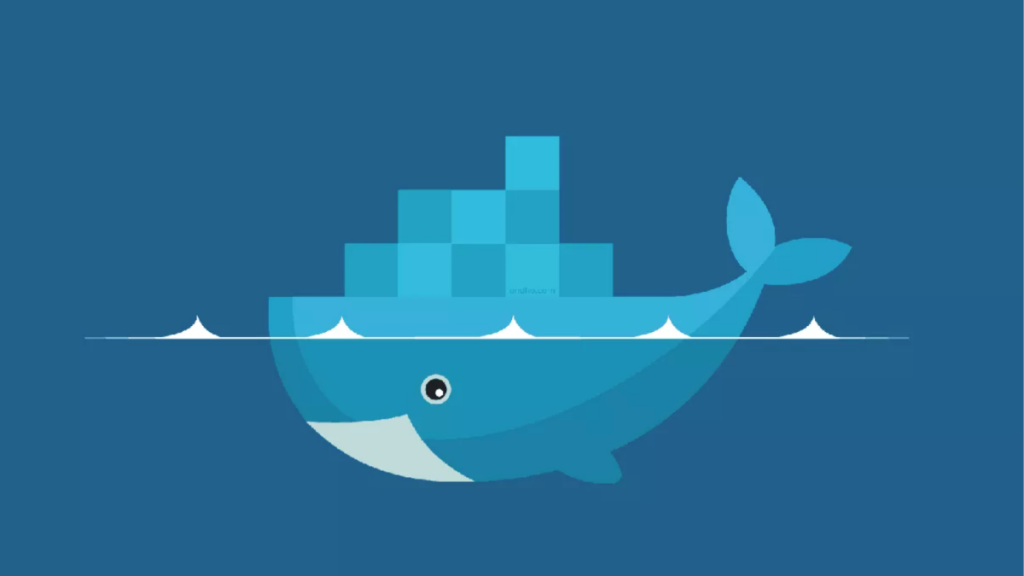As with any new and successful project, the state of the Docker ecosystem is always changing, with new tools and applications gaining and losing favor. If you’re a developer who frequently works with Docker, you must always stay current on the most effective technologies available.Whether you’re new to the community or have been participating for years, continue reading this article to learn about a few essential tools for Docker development. These tools can help you become a proficient Docker developer.
Prometheus
Another tool that might help alleviate Docker’s “black box” impression is Prometheus. This is an open-source framework created by Soundcloud for monitoring and analyzing Docker containers. You may query the multidimensional data that Prometheus collects and use it to produce graphs or issue alerts when specific criteria are fulfilled using the Prometheus query language.
Docker Compose
Docker Compose is Docker’s installation tool. It’s excellent for designing, testing, and staging Docker-based multi-container applications. It is capable of managing your application’s whole lifespan. All that is required to get started with Docker Compose is a simple configuration file. Then, with a single command, you may execute your program. Docker Compose, neverthless, is not an appropriate solution for scaling an application over several hosts. When it comes to production, you’ll want to switch to a different solution for your continuous integration setups.
CoreOS
Numerous Docker utilities make use of CoreOS, an open-source basic operating system built on the Linux kernel designed for use with container solutions such as Docker. Applications are containerized using Docker, which enables them to be readily relocated inside a cluster. Additionally, CoreOS compiles a collection of additional open-source technologies that may be used in conjunction with Docker and serve as a basis for the installation of Kubernetes clusters.
Dokku
Dokku enables you to self-host your personal Platform-as-a-Service using Docker (. When you use Git to push code, it automatically starts up Docker containers.
Dokku’s comprehensive application platform enables you to map domains, establish SSL, deploy numerous environments through Git branches, and configure additional services such as databases. It’s an excellent alternative to commercial services such as Heroku and Firebase since it enables you to do production installations on your own hardware.
Establishing a Dokku server enables you to run apps in isolated containers without having to master the complexities of manual container management. You may focus on developing and committing code by leveraging standard Git operations. By adding your Dokku server as a Git remote, you may use git push to deploy your changes, either locally or as part of a continuous integration pipeline.
Kubernetes
Kubernetes is a Google-developed open-source container cluster orchestration technology. The project enables you to plan and execute application containers across many clusters and specifies pods that specify the deployment and management of your applications. Among the prominent features of Kubernetes are automated container sorting, self-healing following failures, and simplified scalability and load balancing.
Drone
Drone is a constant integration testing tool that connects with Github, Amazon Web Services, Heroku, and Google AppEngine. The program enables you to construct bespoke containers, conduct testing on your own computer and network, and automate the building and deployment of your containers as you develop. While all Drone users have unrestricted access to constructions and public projects, personal projects require a monthly membership.
Helios
Helios is an open-source orchestration framework that was developed internally at Spotify and has been used in production there from 2015. Helios eliminates a single point of failure by enabling various Helios-master services to respond to HTTP requests concurrently. One of the things that distinguishes Helios is its lack of dependencies, which allows it to run on any network topology or operating system. Additionally, it scales well, allowing for the efficient operation of hundreds of devices or a single device instance locally.
Twistlock
Twistlock, an Israeli firm that sells the same-named solution, promises to improve on Docker’s existing container security, that some have dubbed “opaque,” by offering customers with tools for monitoring and analyzing containers throughout their lifespan. The two-pronged program is capable of scanning for code vulnerabilities and faults as well as detecting and protecting against threats in real time.
